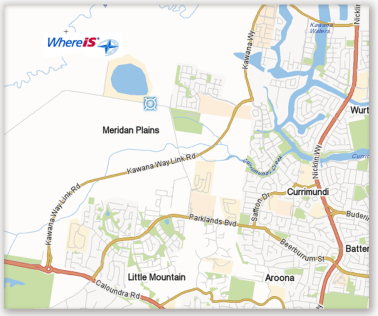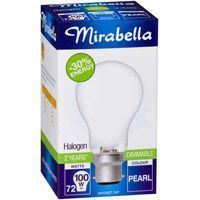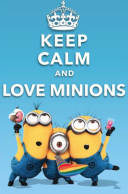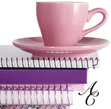When You Feel Like Originality Has Passed You By…
 It was during the early 1990′s that I started to write “The Chronicles of Mirchar.” This was before the Internet, it had never been published and I felt my place and character names were pretty safe. I’d never seen them anywhere.
It was during the early 1990′s that I started to write “The Chronicles of Mirchar.” This was before the Internet, it had never been published and I felt my place and character names were pretty safe. I’d never seen them anywhere.
Then around 2003 or so, my husband and I were on holidays in a coastal area I had never been to. This area was fairly new and the suburb name: Meridan Plains. They had “stolen” my continent name! Even though my series was long since abandoned at the time… and had never seen the light of day outside my desk… I still felt the sting of losing my exclusive name. As I had (stupidly) destroyed my original manuscripts, I didn’t even have the satisfaction of storming into their local Council office to demand answers. “Where did you get this from, it was mine!” You know how it is when you get attached to your work. You take the oddest things rather personally…
I went online, checked all my old character names, had a little cry at my lack of originality and vowed to never, ever repeated the mistake. I would research all my names in case I had subconsciously “acquired” someone else’s idea. Then I was working on a name for a key character earlier this year and liked the name “Mirabelle.” I hadn’t read anything where it was used by my favourite authors and it looked safe to me. I did no further checking. It was just an old fashioned girl’s name. A few weeks later, I opened the cupboard. Months earlier we had changed light bulb types and voila!

[Epic facepalm!] I named a favourite character after a light bulb. Please hold back on the “she must be a bright spark,” jokes! So much for learning that lesson. Though there is one thing I did learn from that: no matter what the genre, you don’t have to be perfect all the time… have fun and do what you want anyway. As one idea leads to another, then yet another, you never know what may come from it.

If you ever need it, this is how you name characters, places and construct languages in fantasy stories.

Character images property of Universal Studios.
1. Base them on known sounds and words so they strike a familiar chord with readers and don’t sound fake. Case in point, in the movie Despicable Me 2, the Minions call an apple “papple” and their banana language comes from a mix of many languages including Spanish, French, English etc. They will say “belo” instead of “hello.” You get the picture, it’s just close enough to sound right to our ears.
2. Building a fantasy language is a mammoth task! Try and stick to key phrases such as patriotic slogans, greetings and commonly used words, unless you head goes spinning off or you feel a strong need to sue someone, when you find out they used YOUR word!
3. Link your language into cultural elements: eg. In the Game of Thrones, in the Dothraki culture the word graddakh means “one who walks.” This is a status inference. You are worthy or unworthy as you are able to ride, or are too weak or forbidden to ride. It reflects your societal value. Using words like that gives them a great deal of power.
4. Document your language very well so you don’t contradict yourself, can build a glossary on your web site or into your books, and hey, if you get to the level of Sir Terry Pratchett, you can make a mint out of it. Or have people playing your equivalent of Klingon Boggle (video below for the Big Bang Theory fans).
5. Learn to be at peace with the fact that you will probably never get a totally original name or word and that’s OK. If it is recognisable as a possible native tongue, you aced it!
This work, created and Copyright Cate Russell-Cole 2014 is licensed under a Creative Commons Attribution-NonCommercial-NoDerivatives 4.0 International License.
Filed under: Writing Resources Tagged: author, blog, books, characterisation, creativity, Despicable Me, Dothraki culture, encouragement, failure, Fantasy Genre, Fantasy Languages, fiction, Game of Thrones, ideas, Indie publishing, Klingon Boggle, Language, Minions, novel, problem solving, publishing, support, the Big Bang Theory, writer, writing












